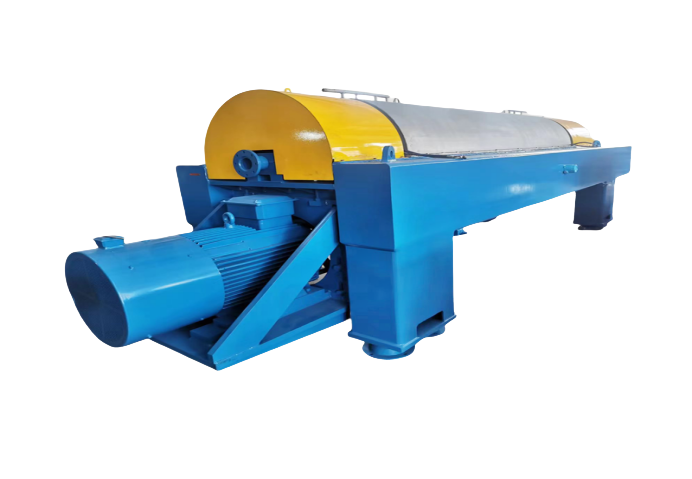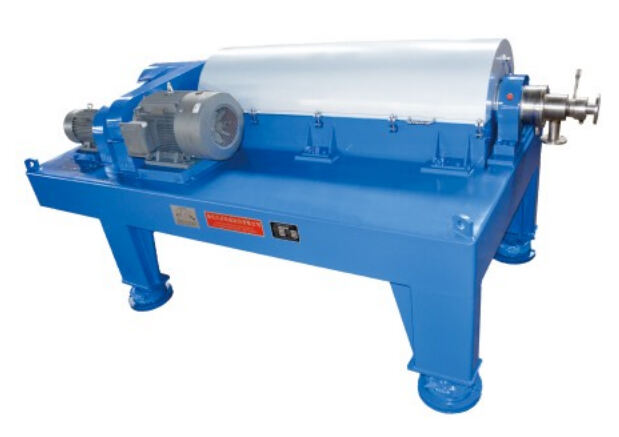dewatering of waterworks sludge
Dewatering of waterworks sludge is a critical process in water treatment operations that focuses on reducing the water content in sludge to create a more manageable and disposable material. This essential procedure employs various mechanical and physical methods to separate water from solid particles, resulting in significant volume reduction and improved handling characteristics. The process typically involves multiple stages, including thickening, chemical conditioning, and mechanical dewatering through equipment such as belt filter presses, centrifuges, or filter presses. Modern dewatering systems incorporate advanced automation and control systems to optimize performance and efficiency, ensuring consistent results while minimizing operator intervention. The technology has evolved to handle different types of waterworks sludge, accommodating variations in solid content, particle size distribution, and chemical composition. This versatility makes it applicable across various water treatment facilities, from municipal plants to industrial operations. The dewatered sludge can be further processed for disposal or beneficial reuse, such as in agriculture or construction materials, making it an environmentally responsible solution for water treatment residuals management.


